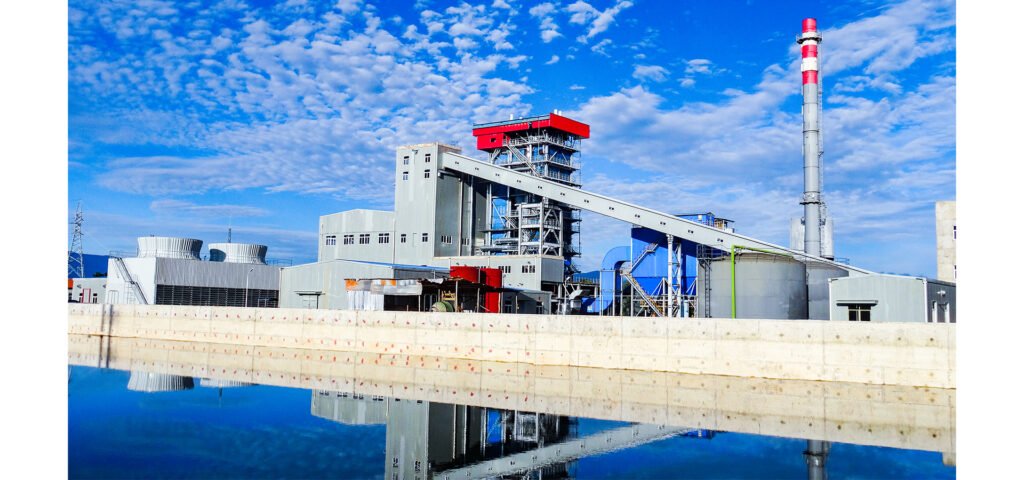Small capacity power plants are increasingly becoming the backbone of electricity supply in remote and off-grid areas. Unlike large power stations, which require significant infrastructure and investment, Small Capacity Power Plants offer flexibility, rapid deployment, and adaptability to meet localized energy needs. They are ideal for rural communities, mining operations, islands, and industrial parks where grid access is limited or unreliable.
Flexibility and Reliability
One of the key advantages of small capacity power plants is their ability to quickly adjust output based on real-time demand. These plants can operate independently or in conjunction with renewable sources like solar and wind, ensuring a stable energy supply even in areas prone to fluctuations. In regions where weather or seasonal changes affect renewable energy generation, small capacity plants provide the necessary backup to maintain uninterrupted electricity.
Modernization Through Compact Biomass Solutions
To enhance efficiency and sustainability, many small capacity power plants are implementing compact biomass boiler upgrades. These upgrades optimize fuel combustion, reduce emissions, and increase overall plant efficiency. By modernizing existing boilers, operators can achieve better performance without constructing entirely new facilities, which is crucial in remote locations where logistics and cost are major concerns.
Additionally, some plants have adopted compact biomass burner retrofits to improve fuel handling and burner efficiency. These retrofits enable plants to use locally available biomass resources more effectively, reducing fuel costs and minimizing environmental impact. Combined with modern control systems, burner retrofits enhance operational reliability and help maintain consistent electricity supply in off-grid areas.

Environmental and Economic Benefits
Small capacity power plants, especially those upgraded with compact biomass solutions, offer significant environmental and economic advantages. Reduced emissions contribute to cleaner air, while improved efficiency lowers fuel consumption and operating costs. Communities benefit from stable electricity, supporting economic growth, local businesses, and essential services like healthcare and education.
Runh: Expertise in Small Capacity Power Plants
Runh Power has extensive experience in delivering EPC solutions for small capacity power plants worldwide. The company specializes in design, installation, and modernization projects, including compact biomass boiler upgrades and compact biomass burner retrofits. Runh’s modular solutions allow operators to quickly deploy plants in remote areas, improve plant efficiency, and ensure long-term reliability.
Several successful projects demonstrate Runh’s expertise. For example, in a remote island community, a small capacity biomass plant was retrofitted with upgraded boilers and burners, increasing energy output by 20% while reducing emissions by 15%. Such projects highlight the potential of modern small capacity plants to provide sustainable and reliable energy solutions in challenging locations.
Future Outlook
The future of small capacity power plants lies in modularization, digital monitoring, and integration with renewable energy sources. Modular compact biomass systems allow flexible expansion, while digital controls and predictive maintenance enhance operational reliability. By combining these innovations, small capacity plants can serve as a crucial component of sustainable energy strategies, supporting energy access and environmental goals worldwide.
Conclusion
Small Capacity Power Plants are essential for providing electricity in remote and off-grid areas. Through compact biomass boiler upgrades and compact biomass burner retrofits, these plants achieve higher efficiency, lower emissions, and improved reliability. Companies like Runh Power lead the way in delivering modular, sustainable solutions that meet the growing demand for clean, flexible energy in challenging environments.

 Instant
Quote
Instant
Quote Email
Us
Email
Us